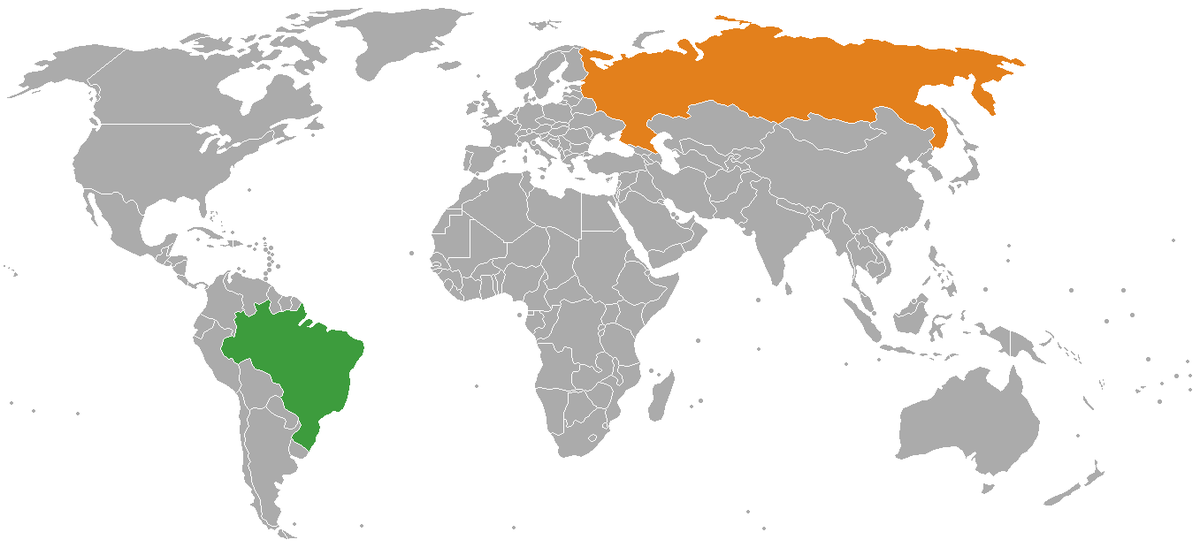
Rumble, a video-sharing platform known for its lenient stance on content moderation, has been barred from operating in Brazil. The ban marks a significant escalation in global regulatory actions against the platform, which is also restricted in France, Russia, and China. The decision by Brazilian authorities follows a wave of legal and political challenges faced by Rumble across various jurisdictions.
In Brazil, the ban was announced after regulators cited concerns about the platform’s content policies and its role in spreading misinformation. The Brazilian government has ramped up its efforts to curb the spread of false information and ensure that digital platforms comply with local regulations regarding content control. This move places Rumble in a challenging position as it faces similar restrictions in other major markets.
The platform’s CEO, Chris Pavlovski, has expressed concern over the growing trend of restrictive actions against Rumble. He has warned that such actions could spread to additional countries, impacting the platform’s global operations. Pavlovski’s statements highlight a broader struggle faced by platforms that prioritize minimal content moderation amid increasing scrutiny from governments worldwide.
In France, Rumble is embroiled in a legal battle over issues related to free speech and content regulation. French authorities have questioned the platform’s compliance with national laws aimed at preventing the spread of harmful content. This legal dispute reflects ongoing tensions between digital platforms and governments striving to balance free expression with public safety.
The platform has also found itself at odds with the Global Alliance for Responsible Media (GARM), an industry group that seeks to address online safety and misinformation. Rumble, alongside Elon Musk’s X (formerly Twitter), has filed a lawsuit against GARM. The lawsuit accuses the organization of boycotting their platforms, alleging that such actions undermine their ability to operate freely and independently.
Russia’s restrictive measures against Rumble are part of a broader crackdown on foreign digital platforms and media outlets. Russian authorities have increasingly tightened control over online content, particularly targeting platforms that are seen as promoting foreign interests or dissenting views. The ban on Rumble in Russia is consistent with this trend and reflects ongoing geopolitical tensions affecting the digital space.
China’s blocking of Rumble is part of its stringent internet censorship regime, which limits access to foreign platforms and controls the flow of information within the country. The Chinese government maintains strict oversight over digital content, and platforms like Rumble that do not adhere to its regulations are often banned or heavily restricted.
The legal and regulatory challenges faced by Rumble underscore a growing global debate over content moderation, free speech, and the role of digital platforms in shaping public discourse. As governments around the world grapple with these issues, platforms like Rumble and X are navigating a complex landscape of legal disputes and regulatory pressures.



